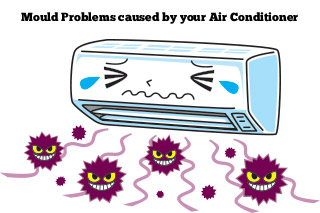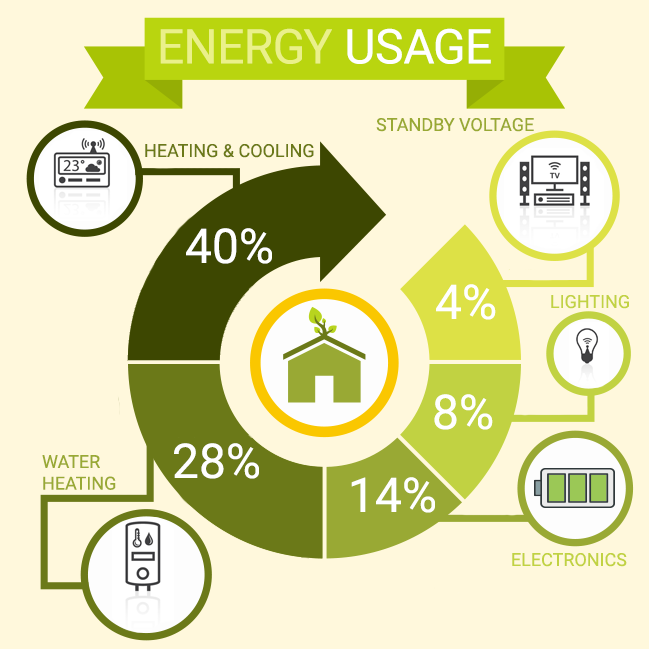Size does matter with air conditioners
Size does matter with air conditioners

A system that is too large will cool or heat your house quickly, but you may not feel comfortable. That's because it will satisfy the thermostat (temperature sensor for the system) before it can adequately remove sufficient moisture from the air during the cooling mode, leaving you feeling sticky and humid.

This could even lead to moisture and mould problems. As harmless as they sound moisture and mould can lead to sick building syndrome with experts required to rid the problem.
Short Cycling
An indication of an air conditioner being too large is short-cycling (too many starts and stops) will shorten the life of your equipment and increase your heating and cooling bills.
On the other hand, a system that is too small just cannot get the job done, especially in extreme weather conditions which frequently occur in sub tropical Brisbane.
The air conditioner will run constantly in the summer and the heating or reverse cycle will do the same in winter.
But a correctly sized system isn't just based on the size of the structure. Many factors go into determining the size of the system. Including type of house and walls, type and size of windows, insulation, basement and attic conditions, house orientation, lighting loads, cooking equipment and other factors.
Recent Posts
- Oct, 25, 2023
- Oct, 25, 2023
Servicing your air conditioner
- Nov, 19, 2022
Is your air conditioner toxic?
- Nov, 17, 2022
Which are the quietest air conditioners
- May, 11, 2020
Air Conditioner Cleaning
- Nov, 1, 2016
Need an Air Conditioner for Summer
- Sep, 5, 2013
Air Conditioning Service Maintenance
- Jul, 18, 2013
Servicing Ducted Air Conditioners
- Jul, 4, 2010
Reverse Cycle Air Conditioning
- Feb, 19, 2010
Getting an efficient air conditioner

